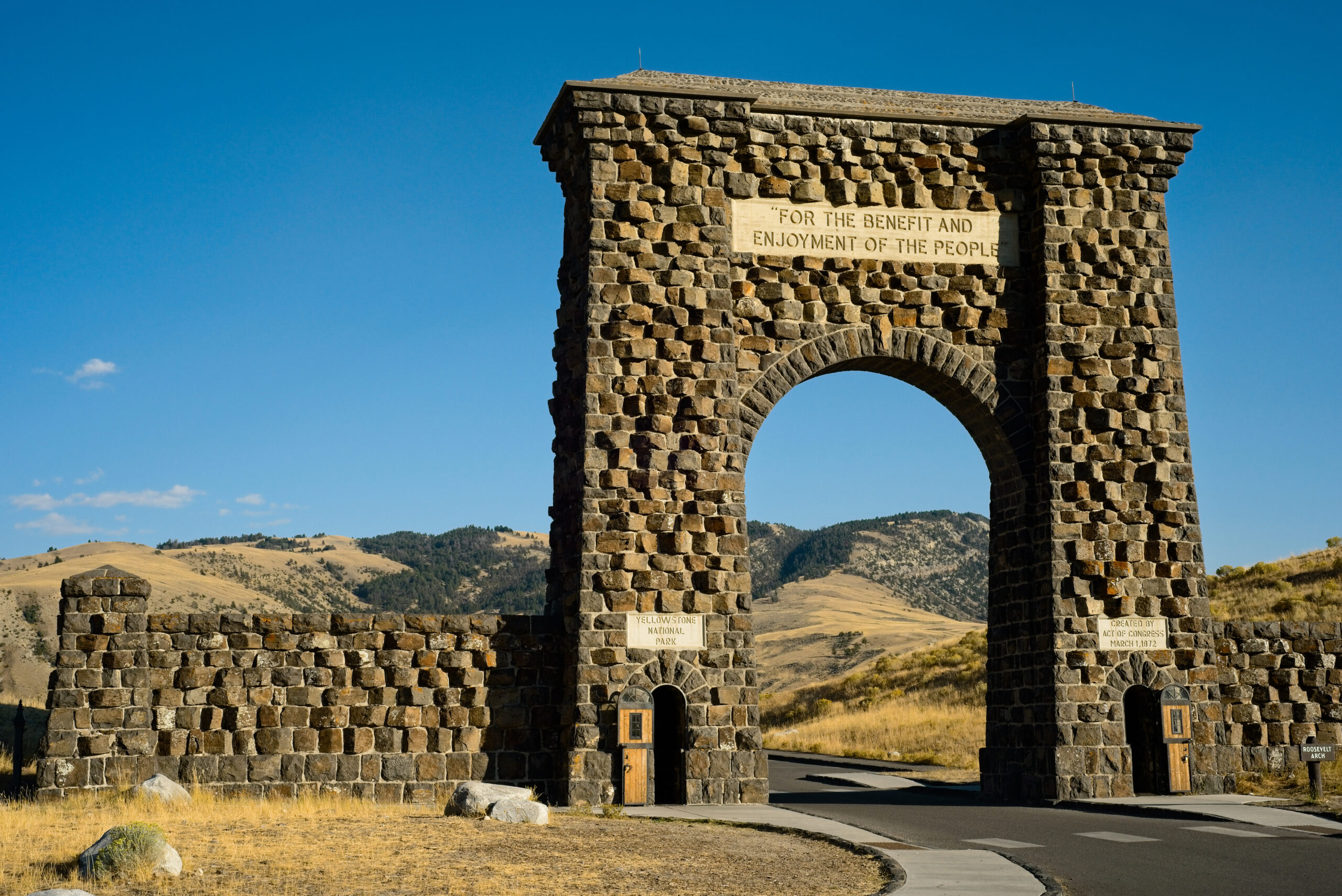
Thanks to Blanchard and O’Brein for taking time to answer our questions. For more PERC Q&As, visit the series archive.
What does Christian ecological ethics have to say about the environment?
Christian ecological ethics includes a diverse group of scholars from many denominations and across the world, and while we cannot speak for all Christians, we do believe that traditional Christian teachings have significant environmental implications. Most generally, we argue that human beings have a responsibility to God and all of God’s creation, which includes not just other human beings but also the entirety of the nonhuman world. So, just as Christians are called to treat our human neighbors with respect and love, we must also learn to respect and love the animals, the plants, the ecosystem, and the earth God made.
Some Christians would call this stewardship, emphasizing that humans have a special responsibility to be the caretakers of other creatures. Others resist even that anthropocentric division, and would say that human beings should try not to manage other creatures, but instead work toward a more egalitarian community with them. The common theme is that Christian faith calls for loving care for all of creation.
Where, if at all, do free market environmentalism and Christian ecological ethics have common ground?
There is more common ground than it might first seem! There are disagreements, of course, the most important being that Christian ecological ethics tends to emphasize the intrinsic or God-given value of the nonhuman world, and to be suspicious of the corrupting influence that markets can have on things we would consider priceless. However, we share with FME a profound appreciation for human freedom, a celebration of diversity in human communities, a suspicion of the ways power can corrupt human relationships, and a preference for local solutions. And obviously we share a concern for the conservation and well-being of the earth.
How are markets useful for protecting earth’s long-term health? How does this relate to Christian ecological ethics?
We appreciate the ways markets provide clear and quick feedback mechanisms: property owners see the results of their management decisions and have the flexibility to adapt as they learn. They are also held accountable for their own imprudent behaviors, and if markets are structured fairly they can’t pass the costs of their mistakes on to someone else. Christian ethicists have thought long and hard about the importance of love and respect for the nonhuman world, but we are always looking for ways to actually put that love and respect into action. We suspect that markets may be more useful for smaller, local problems than for global questions or crises, but we see that markets can be one path to the goal of environmental integrity, and no environmental proposal is complete unless market mechanisms have been carefully considered.
How can a religious understanding of human nature and virtue be useful to free market thinking?
We think that free market advocates should pay more serious attention to human character. Different religious traditions vary in how they delineate and discuss lists of specific virtues, but a common idea they share is that the things people do are shaped by who they are. Conversely, what we do also shapes who we are. Most of our moral behavior is determined not by individual choices but by our habits, our assumptions, and the “common sense” we inherit from our communities.
So, we think it’s important for free market environmentalists to ask: What virtues, or what kinds of people, are required for market systems to solve environmental problems? Markets obviously depend on trust and fairness. Successful market solutions to environmental problems might also depend on a certain level of respect for land and species, and on humility about our ability to manage the environment. An even more important question follows: how will people learn and be habituated to these virtues? Will markets on their own be able to nurture trust, fairness, respect, and humility? If not, what other institutions (churches, communities, neighborhoods, and, yes, governments) are necessary to shaping people who are not purely self-interested? And what are free market environmentalists doing to support those institutions?
How have your Lone Mountain Fellowships changed or enhanced your understanding of free market environmentalism?
More than anything else, we have valued the chance to talk face-to-face to the smart and dedicated people at PERC. We had read a great deal about free market environmentalism before coming, and learned a lot, but there are limits to how well you can come understand an approach simply through texts, especially when that approach is very different from your own. In personal conversation, we’ve been impressed by how nuanced people’s views are. Folks have been really open to considering our critiques and also very patient about explaining their points of view. Our time here has reminded us how important and even life-affirming it can be to talk across boundaries, even about the most divisive issues facing us as scholars, as a nation, and as a species. For that we are truly grateful.


